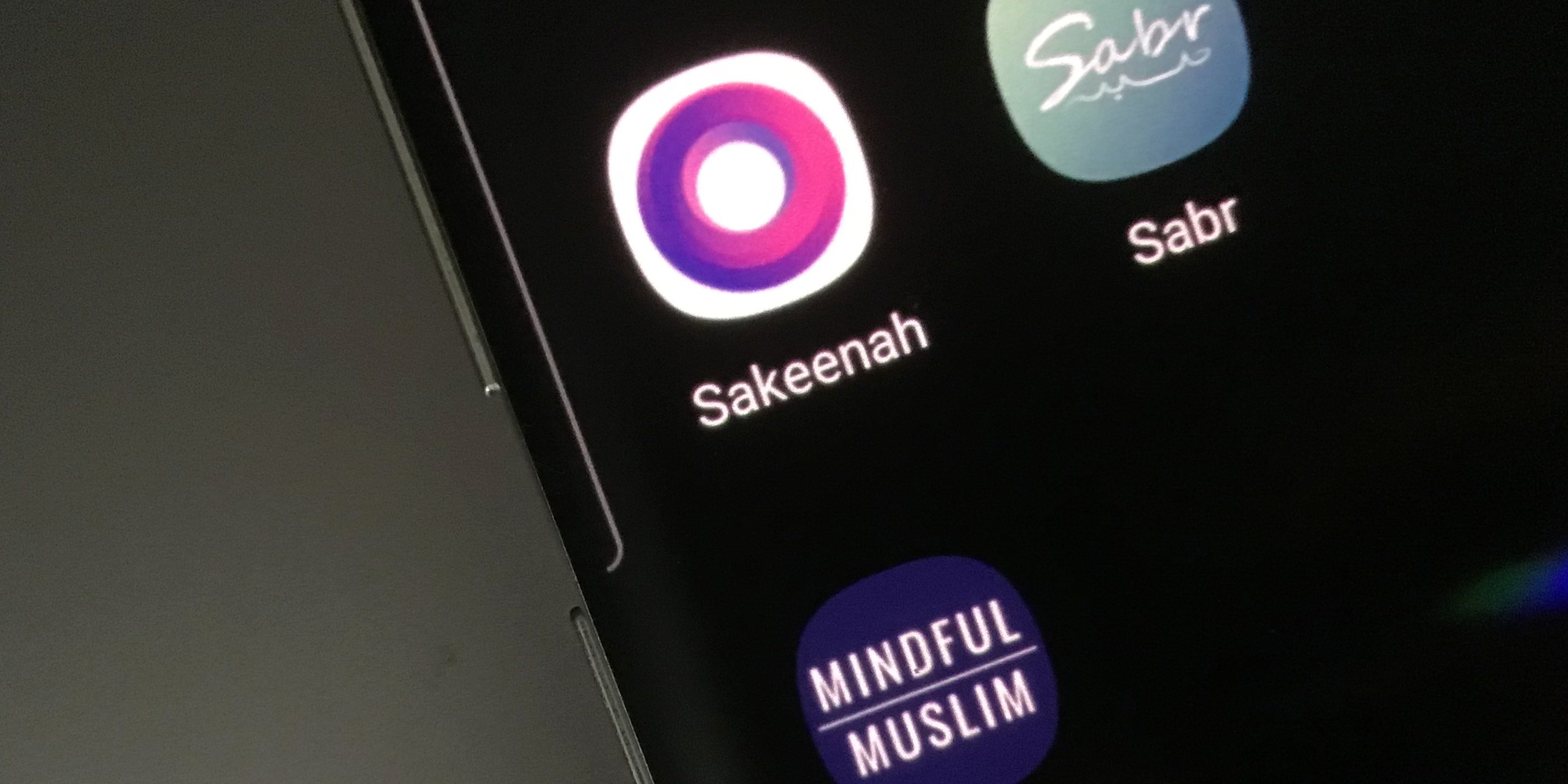The rise of Islamic mindfulness apps: Sakeenah raising $125,000 on crowdfunder Eureeca to fund growth
Ana Elkhessassi is a full-time teacher and mother of two who lives on the East Coast of the U.S. Her busy schedule makes her forget what is important in her life as a Muslim and her connection with her Creator, she said. “I found myself very stressed out, overwhelmed, and sad at times not knowing how to cope with those emotions, feeling guilty because I was feeling that way,” she told Salaam Gateway.
Within the context of Islam, gaining awareness into your own psychological and spiritual functioning is necessary to form a meaningful relationship with Allah and following the mandates of the religion, according to the Khalil Center, a U.S.-based psychological and spiritual community wellness organisation rooted in Islamic principles.
While there are many organisations in the U.S. such as the Khalil Center that offer Muslims therapy and guidance, Ana decided to try an app that an ustadza shared on Instagram. That app, Sakeenah, is focused on Islamic wellness, similar to Mindful Muslim and Sabr that appeared at around the same time.
Sakeenah offers users short audio clips of guided mindfulness and meditation sessions addressing topics such as anxiety, patience, emotions and trust in Allah.
The minimum viable product for the app was launched in December 2019 and its beta version was released shortly after.
The company behind Sakeenah, UAE-based Muzmind, is now crowdfunding $125,000 on Eureeca. So far, it has raised 49% and co-founder and CEO Mohammed Naeem Malik is hoping to raise the full amount by the end of June.
He told Salaam Gateway the funds will be channelled to platform improvements, more content by qualified professionals, and one-on-one sessions and support groups by 2023.
Mohammed Naeem declined to reveal how many people use Sakeenah, saying that for the current beta version it is more important how engaged users are with the app.
As an indication, downloads of Sakeenah on the Google Play Store alone are 5k+. “Currently 70% of users come from Western markets whereas the remaining 30% are from Asia and the Middle East,” said Mohammed Naeem.
“In our next phase, we will be focusing more on Southeast Asia by adding new languages like Malay,” he said. Sakeenah also has plans to introduce content in Arabic, Hindi and Urdu.
Mindfulness apps in general have been around for much longer than Islamic ones like Sakeenah, Mindful Muslim, and Sabr that popped up in the last two years at the earliest.
App intelligence firm Sensor Tower estimated 5,000 new meditation apps launching since 2015.
U.S. companies Calm and Headspace are two of the most popular in the sector with more than 10 million downloads for each on the Google Play Store alone.
The sector is earning decent money and the apps’ popularity is growing.
Calm has an estimated 4 million subscribers and in December last year raised $75 million in new capital at a valuation of $2 billion.
Headspace in February last year secured $93 million as part of its Series C round. Industry publication The Business of Apps puts its number of users at 60 million and over 2 million paid subscribers. Interestingly, it also has some 600 corporate customers and Headspace said last year that it would continue to invest in its B2B segment.
In the Islamic space, the introduction in the last year of Sakeenah, Mindful Muslim and Sabr signals a niche but growing awareness of the need to address mental wellness for Muslims the Islamic way.
Mindful Muslim is the leader in this sector, with more than 50k+ downloads on the Google Store since its launch in early 2020. Sabr has been downloaded more than 10k+ times.
Mindful Muslim’s creator, Mohd Akhtaar, won the $20,000 top cash prize at the entrepreneurship competition X Challenge organised by the Auckland University of Technology, New Zealand, in December. At the time, the app was reported to have more than 25,000 subscribers.
The three apps are free to download and they make their money by selling in-app features.
“Sakeenah has a subscription-based model where users get a free trial for seven to 14 days and eventually pay either monthly, yearly or a lifetime subscription fee,” explained Mohammed Naeem.
Ana Elkhessassi was one of the users that took advantage of the free trial period sometime around early-2020, and switched to premium shortly after. She has no regrets.
“The first thing that changed was that I did not feel guilty anymore and I started using those emotions to find out what Allah (SWT) wants me to learn,” she said, referring to her stress at losing sight of what was important to her as a Muslim.
“I now try to use it on a weekly basis and is my go-to resource when I am feeling overwhelmed. It reminds me that everything is ok and then I can move forward with other activities such as reading Quran and praying.”
© SalaamGateway.com 2021 All Rights Reserved
